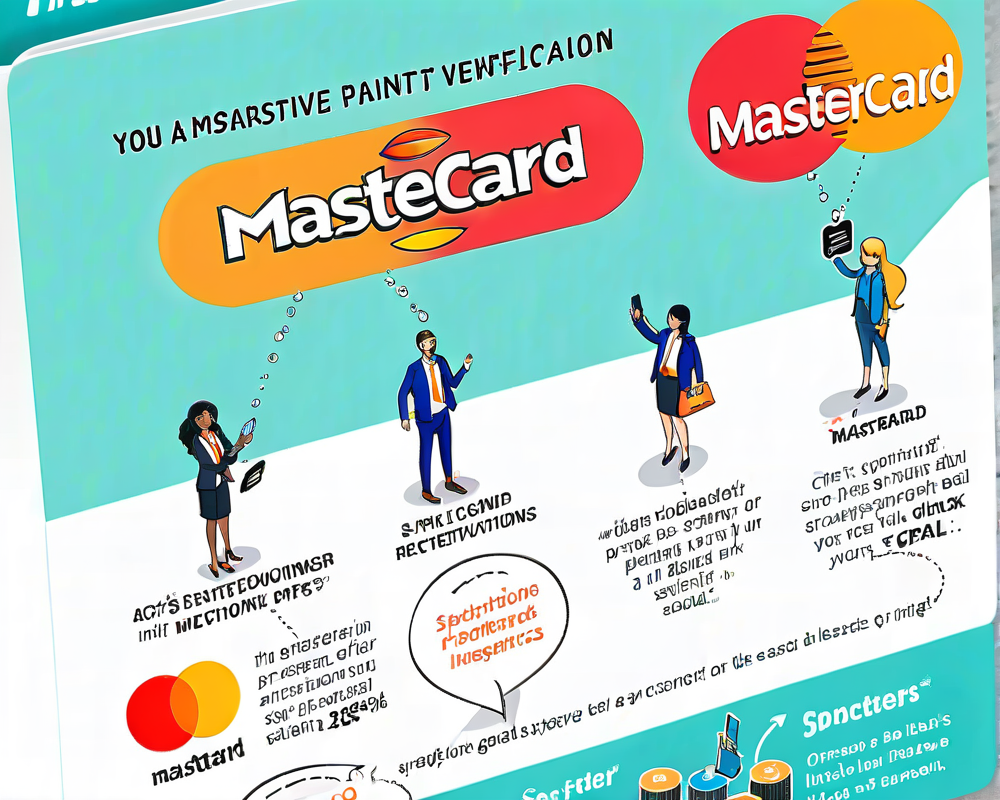Introduction to Mastercard’s Patent
In a move that signals Mastercard’s forward-thinking approach, the company has filed a groundbreaking patent with the U.S. Patent and Trademark Office, dated April 12. This patent proposes a Blockchain system specifically designed for the storage and verification of identity data, a solution to address the shortcomings of traditional identity proof methods.
The Problem with Traditional Identity Proofs
Mastercard elaborates on a critical issue: traditional identity proofs—think government IDs, credit cards, and business cards—aren’t just old-fashioned; they’re prone to inaccuracies and even fabrications. In their own words:
“Traditionally, proof [of identity] has been provided via government identification, credit cards, business cards…[such] proof may be inaccurate… or may be entirely fabricated in ways that may be difficult to identify.”
This highlights the pressing need for a reliable, technical solution to safeguard identity and credential data.
How Does It Work?
At the core of Mastercard’s patent is a tailored Blockchain system that doesn’t just distribute data randomly but does so with stringent controls. Here’s the lowdown:
- Authorized Nodes Only: Only pre-approved nodes can submit and update information, promoting a secure, semi-private blockchain solution.
- Digital Signatures: Each participating entity must provide a public key and geographic jurisdiction to generate a data file, ensuring accountability.
- Identity Value Generation: Mastercard’s processing server uses a hashing module to produce an “identity value” for each entity, creating time-stamped records.
This multi-layered approach essentially crafts a robust ledger resistant to tampering, preserving the integrity of identity data.
Mastercard’s Stride Towards Blockchain
This isn’t Mastercard’s first flirtation with Blockchain technology. Back in November 2017, the company filed a patent for a Blockchain tech aimed at instant payments, which has been operational in business-to-business transactions since October 2017. Recently, there’s been a push for recruitment in Dublin, seeking 175 new employees, particularly specialists in Blockchain technology, underscoring the company’s commitment to this sector.
A Firm Stance on Cryptocurrency
Interestingly, while Mastercard is diving headfirst into Blockchain, its stance on cryptocurrencies—especially Bitcoin—is quite the paradox. The company’s CEO has branded non-government-mandated currencies as “junk.” This definitive position was reiterated in March by a senior executive, emphasizing the company’s openness only to digital currencies endorsed by central banks. It seems Mastercard is happy to embrace the technology while raising its nose at its most popular applications.
Conclusion: The Future of Identity Verification
In sum, Mastercard’s latest patent might well revolutionize how we think about identity verification. By leveraging Blockchain technology, the company aims to enhance security and trust—one hash at a time. But with its mixed feelings toward Bitcoin, it will be interesting to see how Mastercard navigates this complex landscape moving forward.




